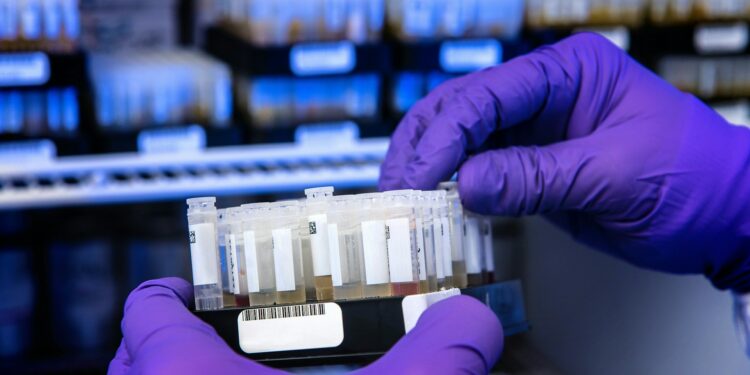New Study Uncovers Alarming Bacteria In Tattoo Inks
Recent research conducted by Seong-Jae (Peter) Kim of the U.S. Food and Drug Administration has shed light on concerning issues surrounding the safety of commercial tattoo and permanent makeup inks. The study revealed significant risks of microbial contamination, even in sealed and unused tattoo inks. Both aerobic (requiring oxygen) and anaerobic (oxygen-deprived) bacteria were identified, posing potential health threats such as infections, inflammatory reactions, and allergic responses.
Published in the journal Applied and Environmental Microbiology, the study analyzed 75 tattoo inks sourced from 14 different manufacturers in the U.S. market. Alarmingly, approximately 35% of these inks were found to be contaminated with various bacteria. This discovery underscores the critical need for stringent monitoring and quality control measures within the tattoo ink industry to safeguard consumer health.
The research methodology involved standard incubation techniques to detect aerobic bacteria and anaerobic chambers to identify bacteria thriving in low-oxygen environments, akin to those found in skin layers. These findings highlight the necessity for ongoing surveillance to promptly identify and mitigate microbial contamination in tattoo inks.
Looking ahead, the research team aims to develop more sophisticated methods for detecting and analyzing microbial contaminants in these inks. This proactive approach seeks to deepen understanding of the diverse risks associated with such contaminants, facilitating the implementation of more robust management strategies to protect consumer safety. By advancing these efforts, the researchers aspire to establish stricter regulatory standards, ultimately enhancing the overall safety standards of tattoo and permanent makeup inks in the future.

































Discussion about this post